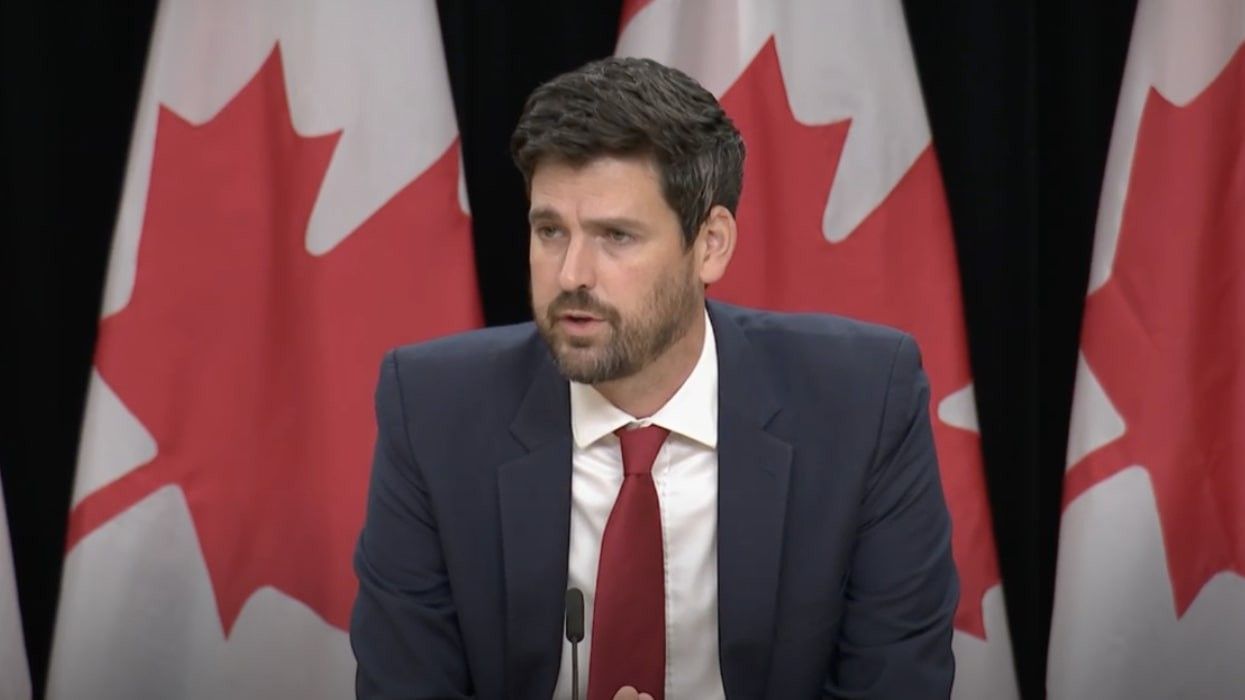More than 500 municipalities across Canada are vying for a piece of the federal government’s Housing Accelerator Fund.
To date, roughly $420 million of the $4 billion initiative has been dolled out under agreements with five cities — London, Vaughan, Hamilton, Brampton, and Halifax.
The approved applications bear several similarities, painting a clear picture of what the federal government is hoping to incentivize. As officials sift through the remaining applications, Housing Minister Sean Fraser has laid out the top 10 initiatives that municipalities should consider incorporating in order to "boost their chances of success.”
"We would encourage other cities that have pending applications to consider implementing some of these changes to strengthen your odds of approval under the Housing Accelerator Fund," Fraser told reporters on Monday.
"Despite the fact that this is a multi-billion dollar investment by the federal government, it is a finite amount of money. Not every city is guaranteed approval just because they've submitted an application. We're looking for the best of the best...if cities decide to do something less than their best offer, they will be competing for what is left in the fund after we address the most ambitious applications."
From increasing density to removing parking standards, these are the top 10 Housing Accelerator Fund initiatives municipalities may soon be implementing across Canada.
Ending exclusionary zoning
Municipalities are encouraged to permit mixed-use developments and high-density residential as-of-right within urban cores and near transit. This includes expanding zoning by-laws to allow for an increased number of storeys or units on a property, such as multiplexes.
"If we're going to see the housing crisis meaningfully addressed, we need to have cities change the way that they zone to allow more density," Fraser said.
Making municipally owned lands available for housing
This can be done through disposition, acquisition, and pre-development. Fraser noted that thus far, municipalities have been allocating such land to affordable housing.
Increase process efficiency
Cities can adopt new technologies and software in order to speed up the development approval process, thereby reducing the time it takes for a new home to get built.
Prioritizing or enhancing the development approval process
Fraser noted this can be done for specific types of homes based on a municipality's needs, such as rental housing or affordable homes.
Comprehensive review of development charges and fee schedules
Such fees can have the "undesirable impact" of making it more expensive to build at a time when developers need to be ramping up construction. Municipalities are encouraged to focus such reviews on permits associated with affordable housing.
Reduce or eliminate parking standards
This would allow more space for development and create communities that are intended to rely on transit, thereby increasing density while reducing a project's carbon footprint.
Eliminate restrictions
Such restrictions can be related to a building's height, mandatory setbacks, additional dwelling units, or floor area; their removal would allow for a greater variety of housing types, Fraser said.
Develop affordable housing community improvement plans
An affordable housing strategy with a dedicated staff can lead to the rapid deployment of affordable housing.
Design and implement guidelines
Cities can pre-approve building plans for the different housing types that they've identified as being uniquely positioned to address their local concerns, such as missing middle housing or accessory dwelling units.
Develop grant programs
Grants can encourage the development of housing types that align with the Housing Accelerator Fund, such as missing middle, row homes, and purpose-built rentals, or those that promote new and innovative construction techniques, like modular, pre-fabricated, and mass timber construction.





















